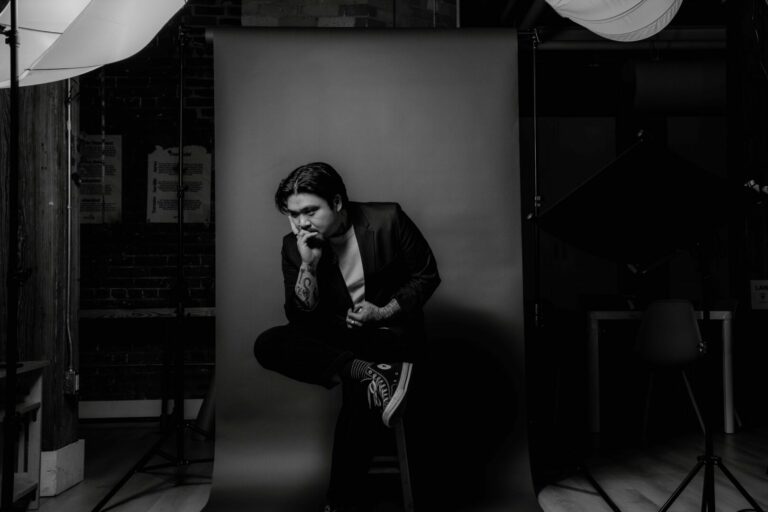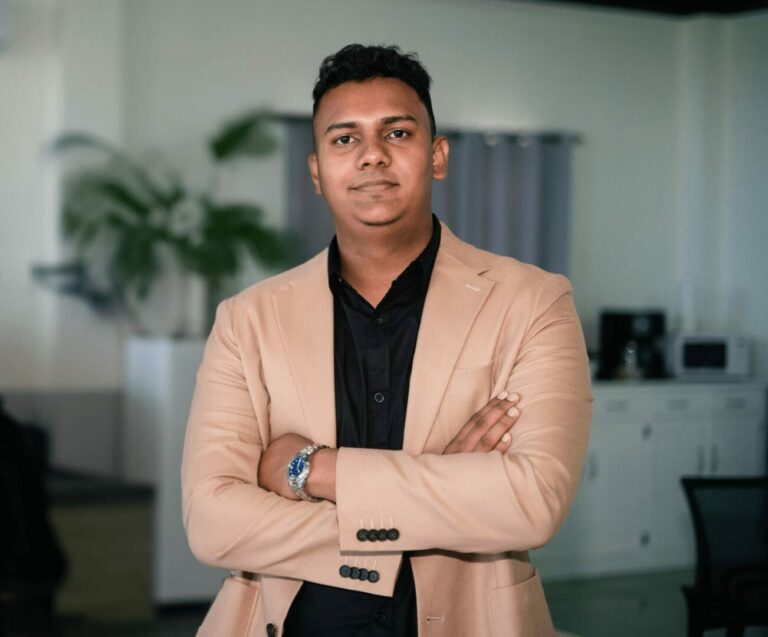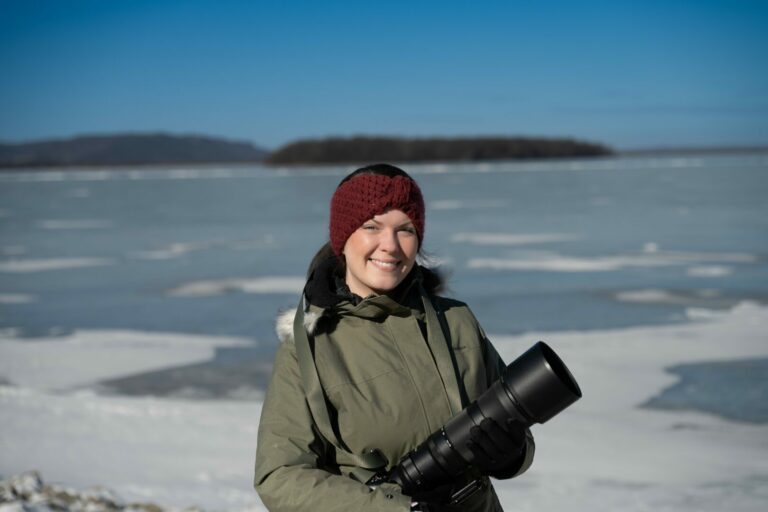We caught up with the brilliant and insightful Patricia Posner a few weeks ago and have shared our conversation below.
Patricia, thanks so much for taking the time to share your insights and lessons with us today. We’re particularly interested in hearing about how you became such a resilient person. Where do you get your resilience from?
My family had moved a dozen times by my 16th birthday. I did not know it at the time, but my father was a gambleholic. We lived in decent places when he had a winning streak and when he was almost broke, we moved into public housing. It meant I was uprooted time and again and never in one place long enough to develop any friends. I was the new kid — immediately marked as an outsider — at every school. It did not help that I was usually the only Jewish student and often the victim of nasty antisemitic bullying.
It was not long after I turned 16 that my father abandoned our family. I left school to get my first full-time job in fashion retail in central London. I put most of that small salary to helping my mum hold onto her small flat. My father had left the family penniless, and I know how close we were to ending up on the street.
I never thought about being resilient or strong; it turned out be part of my DNA. It was just what I did to get through, concentrating on surviving and then planning a future very different than my past. I never felt a victim of my circumstances or any self-pity. All those tough experiences made me stronger. My mum, Sadie, and one of her sisters, Rose, and their mother, were incredibly courageous women. They were my role models, what I called “warrior women.”
Great, so let’s take a few minutes and cover your story. What should folks know about you and what you do?
When I left school at 16, it was the height of London’s Swinging Sixties. My first job was on Kings Road Chelsea, and I hung out in Carnaby Street and fashion havens such as Biba and Mary Quant. I had found a place where I was confident and free to express my own style. Fashion came naturally to me. My father was a bespoke tailor before he gambled away his career. My brother was a menswear designer, and an aunt and uncle were dressmakers. I moved around to different jobs in London and Spain before moving to Manhattan when I was 27. New York felt immediately like home and my fashion career flourished.
Two years later I met my future husband, Gerald. He was then a lawyer focused on social justice and on his way to becoming an author. Gerald encouraged me to venture far beyond my creative safety zone. He urged me to push myself harder to do things I would have once thought impossible.
As I worked with him on the research for his books, I discovered how to do it myself. I slowly learned the craft of writing and over time gained the self-confidence to find my own voice. My first book was women’s health in 2000. Later I wrote two columns, “Cultural Chatter” and “Health Watch,” in Ocean Drive, and lots of articles online and in magazines. In 2017. I wrote “The Pharmacist of Auschwitz,” a nonfiction book that became an international bestseller, translated into 17 languages.
If anyone had told me when I left school at 16 that one day I would be a successful author, I would have thought they were insane. It seemed a goal out of my reach, beyond my capability. It turned out, however, that all the hard work in later years had paid off.
In 2022, Gerald and I founded Antisemitism Watch, a nonprofit focused on fighting anti-Jewish hatred around the world. Me, the little Jewish school girl who used to be called “Dirty Jew” and have my head shoved into a toilet, was now the co-founder of an organization designed to help others. I can’t save the world, but I can do my part to make it a better place. My independent journalism, combined with my volunteer work at Antisemitism Watch, is how I do that now.
Looking back, what do you think were the three qualities, skills, or areas of knowledge that were most impactful in your journey? What advice do you have for folks who are early in their journey in terms of how they can best develop or improve on these?
1) Never put limits on what you can accomplish. Life is unpredictable and tough enough. People will sometimes try to put you in a box; don’t help them restrict what you can do by putting limits on yourself.
2) Don’t worry about what others think about you, just be true to yourself. I know this is easier said than done. I was lucky that despite the many hurdles I faced growing up, my mum instilled in me an ability to not care what others thought. If someone judged me by the way I dressed or looked, I thought it was their problem, not mine. That meant I was never chasing someone else’s approval. It keeps you independent and true to yourself.
3) Every setback can be turned into an opportunity. I’ve learned that when things are going smoothly in life, something unexpected can occasionally throw everything upside down. In 2021, for instance, I was diagnosed with breast cancer. Despite a family history, it still came as a shock. I am now a survivor who is cancer free. I never felt sorry for myself or wondered “why me?” Instead, I focused on doing whatever was necessary to put it as quickly as possible in my rearview mirror and then get on with my life. It’s not just about health. It can also be a broken relationship, losing a job, or moving to a new town. What seems at first a step back can be changed though into a chance for new adventure and discovery.
Before we go, any advice you can share with people who are feeling overwhelmed?
It is critically important to know when to pull back and recharge. All of us have a point at which we feel overwhelmed by everything on life’s ‘to do’ list. When I feel like that, I take it as my mind and body’s way of saying it needs a rest. We live in a digital world that means we often never get a break. Social media is an endless world of discovery and fun. It can also create pressure, especially for young girls, to keep up in an artificial world where everyone seems always beautiful and happy. I can only imagine how much more horrible it would have been for me as a kid if I had to endure taunts and bullying every time I went online. All the screen time means we often have less downtime, less opportunity to care for ourselves.
Whenever I feel the pressure building between too many commitments and so much to do, I find a couple of days to decompress. That means a little detoxing from my phone, some rest and pampering, a few hard workouts at the gym, and catching up on long overdue conversations with friends. A little time for myself works like magic. When I return to work, that short break means I am refreshed and reinvigorated and ready to tackle new projects.![]()
Contact Info:
- Website: https://www.trishaposner.com/
- Instagram: https://www.instagram.com/
trishaposner/ - Facebook: https://www.facebook.com/
trishaposner/ - Linkedin: https://www.linkedin.com/in/
trishaposner/ - Twitter: https://twitter.com/
trishaposner - Youtube: https://www.youtube.com/
channel/UCf0IYOPlOWsY6x4- HXAjGCg - Yelp: https://www.yelp.com/user_
details?userid= LcD9qnVJtQrmpt1Vx6cvdw - Other: https://antisemitismwatch.org/ https://www.pinterest.com/
trishaposner/ https://londonwarrior.tumblr. com/ https://www.facebook.com/ MyHealthWatch https://www.facebook.com/no. antisemitism http://trishaposner.blogspot. com/ https://en.wikipedia.org/wiki/ Trisha_Posner








Image Credits
All photos of me are credit Gerald Posner The photo of both Gerald and me at Books & Books is by Alan Zinkin




